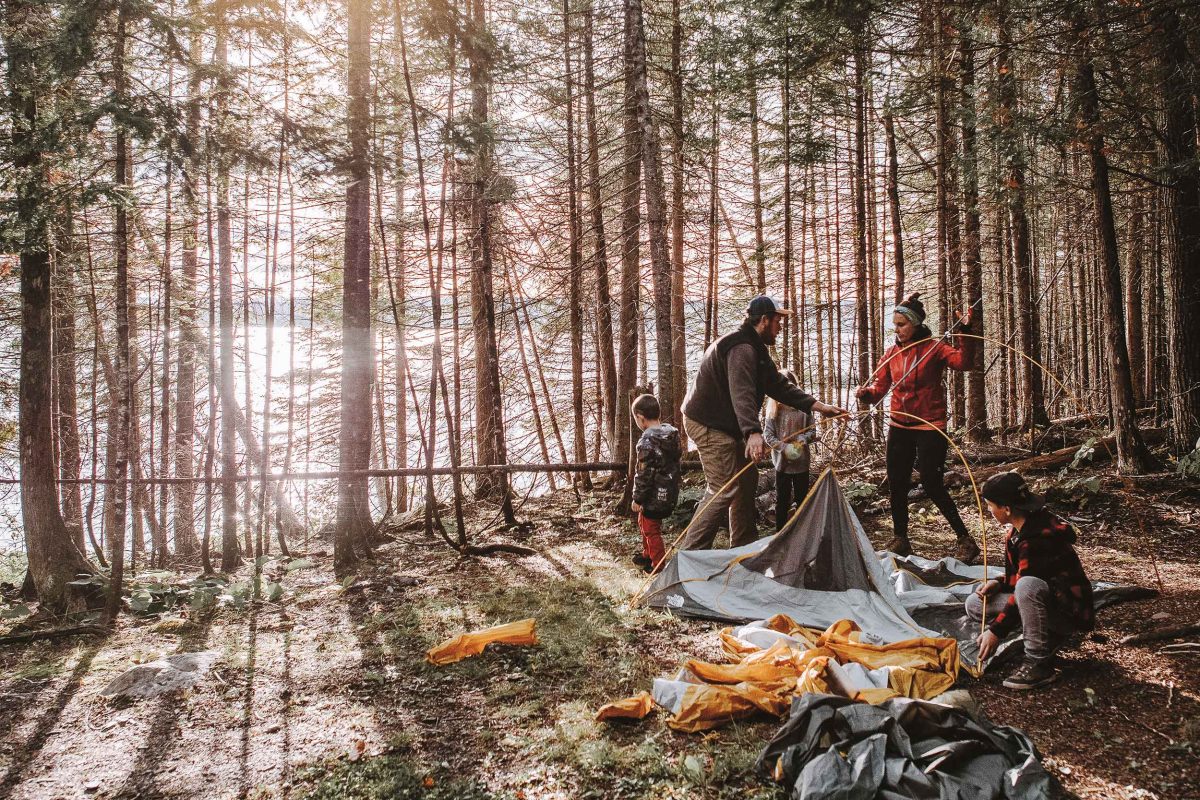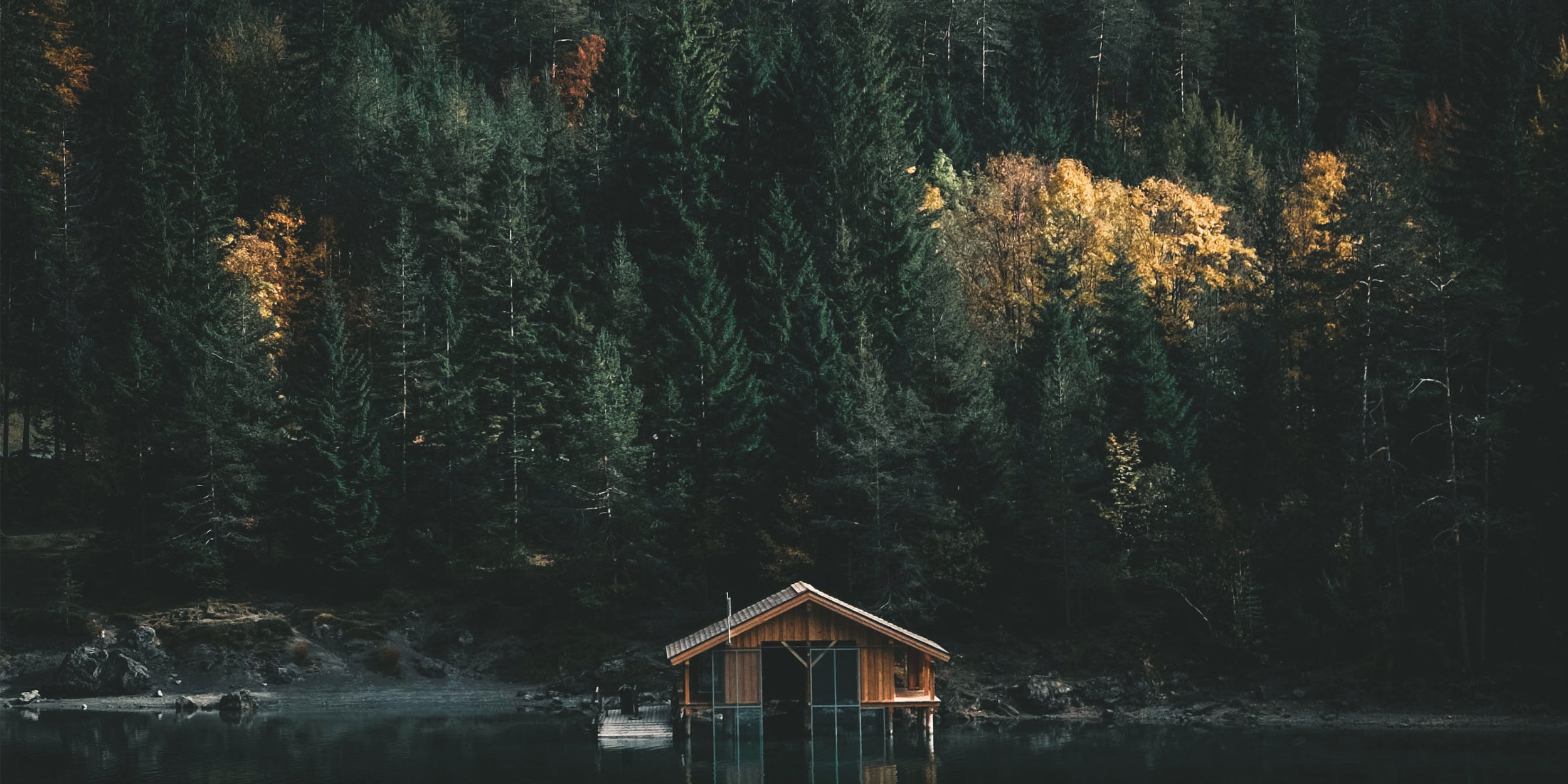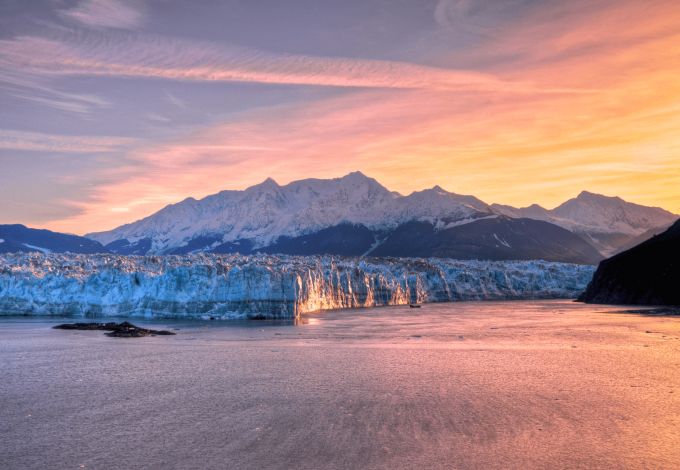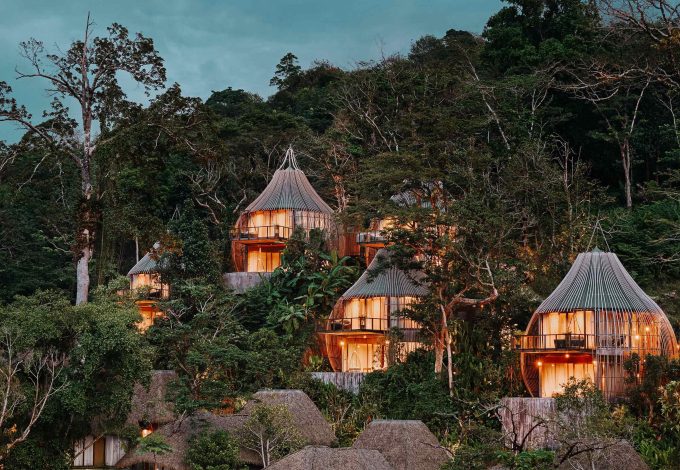LEAVING THE FOREIGN BEHIND — We’re ready to breathe again—we’ve skipped school on our country roads. After the confinement of our bodies and minds, the time has come for a return to freedom, to be surprised by our homeland once again. Tourism has seized the opportunity to undergo a revolution. A gentle, almost quiet revolution. A revolution with local accents. The urge to reinvent ourselves took hold this summer in the form of a return to the basics. Could this herald the end of “over-tourism?” A renewed philosophy is emerging, and it’s the new generations who will create the tourism landscape of tomorrow. By slowing down our trips, slow travel will be an integral part of the future. Our journeys will be slower and more responsible, but also more curious. Becoming modest travellers again is what tomorrow offers us, where quality takes precedence over quantity. What if the journey took on more meaning and value? A positive impact for a new world.
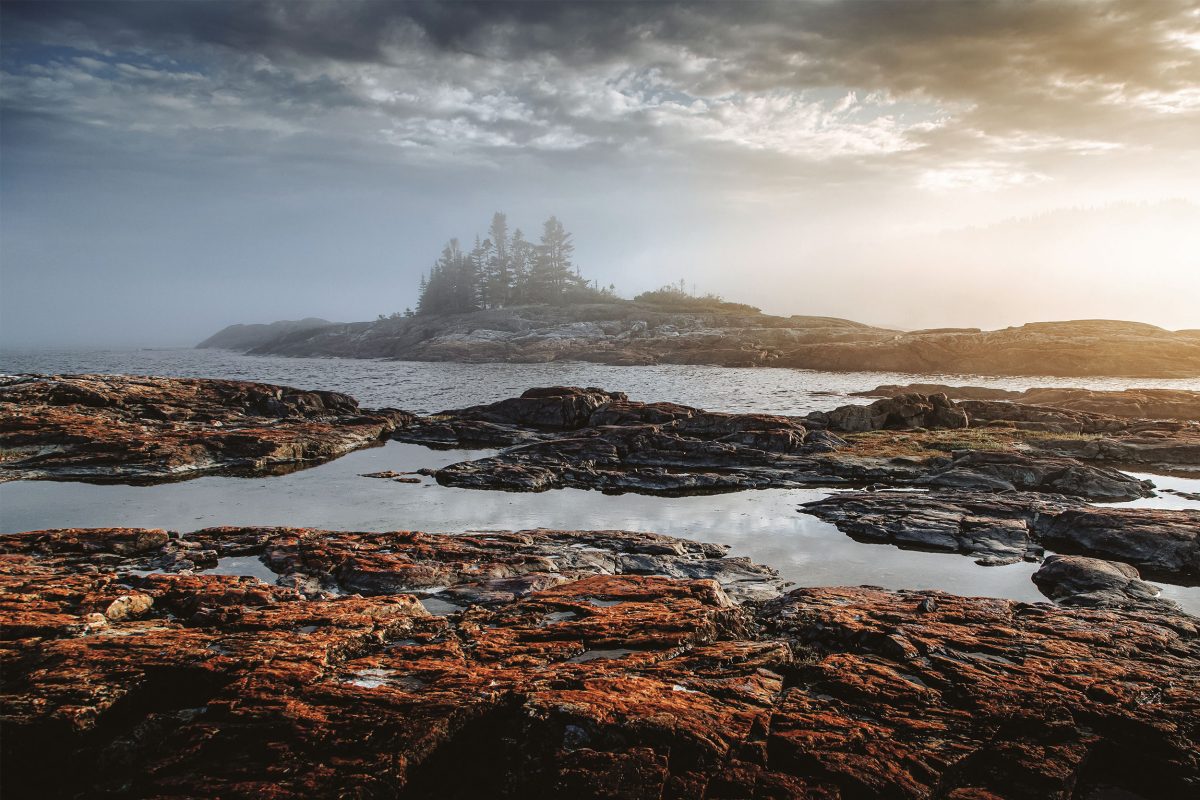
© Alex Guillaume, Unsplash
A RETURN TO THE SOURCE: TIME REGAINED FROM THE LAND
Travel: it has started again on our doorstep. Our Quebec has always been there before our eyes, but we’ve been putting it off for later, when we had time. We’ve rediscovered the joys of a certain silence there. We’ve travelled behind closed doors, recapturing and reclaiming the wonders of our heritage. Old Quebec has even regained a certain tranquility that it hasn’t known for ages. The taste for travel is still there, looming large. The change of scenery was just around the bend. For a time, we stopped worrying to make room for contemplation and refreshment by taking a deep breath. We want rest, intimacy, which our province can offer us. It was about finding the Quebec that suited us by gorging on our landscapes combining river and land. Mission accomplished.
Témiscouata is one of those little up-and-coming regions in the shadows of the Gaspé colossus. Highlighted by recent summer routes, combining outdoor activities along the Petit Témis bicycle path, fine dining, and fitness at the Pohénégamook spa, “Témis” is still a little-known oasis. The omnipresent natural surroundings offer the majestic spectacle of a preserved ecosystem at Lac-Témiscouata National Park. By stopping time, you can see a mythical bird of prey in the sky: this bald eagle, spreading its wings over the 45 kilometres of water of the eponymous lake. For almost a century, the memory of Grey Owl has haunted the woods on the heights of Fourneau Mountain. A naturalist writer in the vein of John Muir, this Briton was at the forefront of the ecological movement that we know today. At the table of the Auberge du Chemin Faisant, fine cuisine and local flavours come together in the mouth at this spot in Cabano, the most awarded in the Bas Saint-Laurent. Not far from the north shore of the lake, you definitely shouldn’t miss a tasting at Domaine Acer, where enthusiasts have battled for the pleasure of our palates. Maple sap has been harvested there for decades. Fermented, it then turns into alcoholic nectar. Témiscouata—a rural gem, a symbiosis even between growers and local inhabitants—has everything from a region whose flavours will be appreciated.
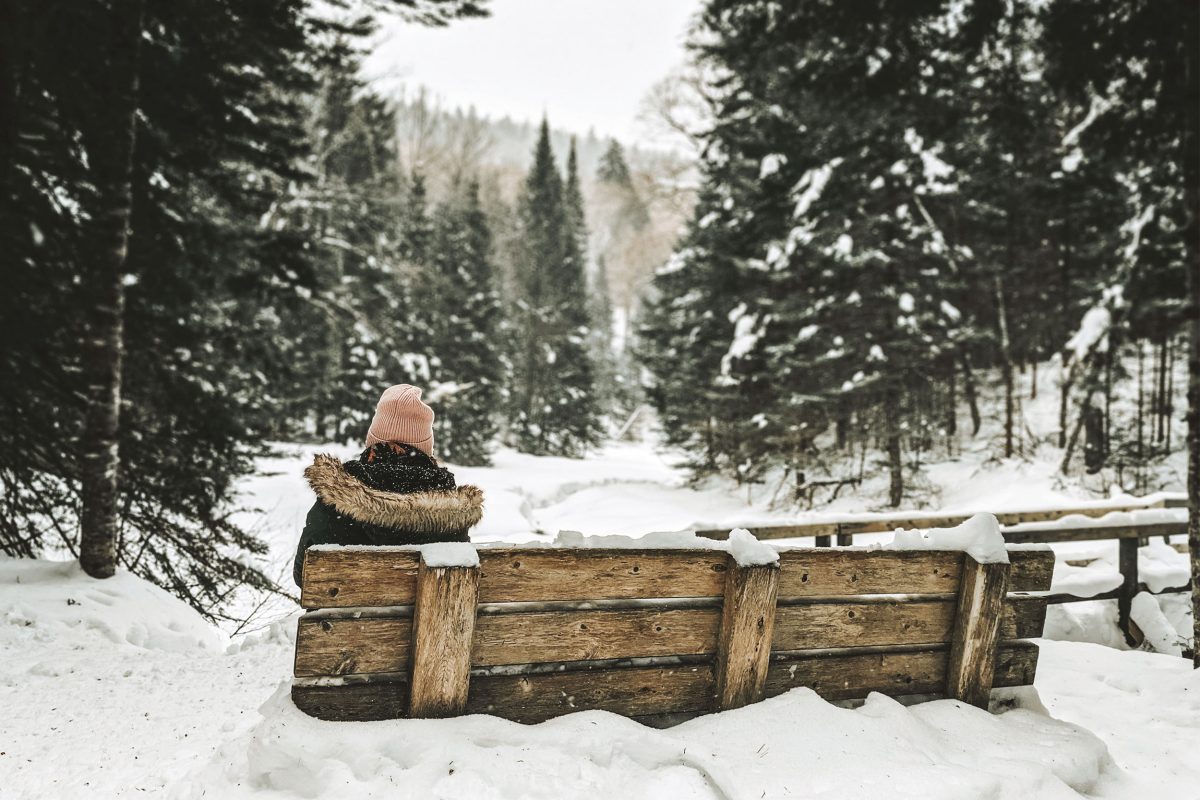
© Ali Kazal, Unsplash
CLOSE DOESN’T NECESSARILY MEAN KNOWN
And what about foreign travel? We will be travelling outside the country less often, but in better conditions. Leave every two years. Local vacations, for their part, will always be accessible to as many people as possible. From happy sobriety, so dear to Pierre Rabhi, we must move on to joyful rationality, against a backdrop of more generous redistribution. Our land and our local growers will be under the spotlight, with farmers and nutritionists such as Julie Aubé as the figureheads of this green revolution. With her insatiable appetite for culinary travel and meeting our farmers, eating well is at the heart of her book Prenez le champ!Bringing Quebecers and food artisans together is Julie’s goal for agricultural getaways based on the theme of know-how and rebuilding the links between growers and consumers. Farmers, lovers of the land—all will plant the seeds for the future of this new way of living. We will get closer to our human richness, local produce, and our heritage. It’s time to rediscover the freedom to desire. We have everything at hand.

© Joshua Freake, Unsplash
A NEW PHILOSOPHY OF TRAVEL?
Above all, the quiet revolution that is underway will make us slow down. A certain sobriety will set in, and we will rethink our relationship to travel; it will once again become exceptional. This revolution will nourish our ecological awareness, which had already begun before the crisis. A collective awareness developed during confinement, which may be reflected at the ballot box. It is no longer possible to observe tourism on one hand and responsible tourism on the other. All activity must be in line with the planet. The tourism of tomorrow can no longer hope to survive without reinventing itself. Greener travel, yes, but how? By taking gentler, less polluting means of transportation; by taking the time to discover a region, a culture, and to meet its inhabitants. This is what travel will look like in a few years. Of course, it takes time, but our relationship to work is changing, too. It may well be that we could work for a few years and take several months to travel, to breathe, to experience something else. The new values of the tourism of tomorrow? Ecology, ethics, and responsibility. Travel will be slower, cleaner, and more curious.
